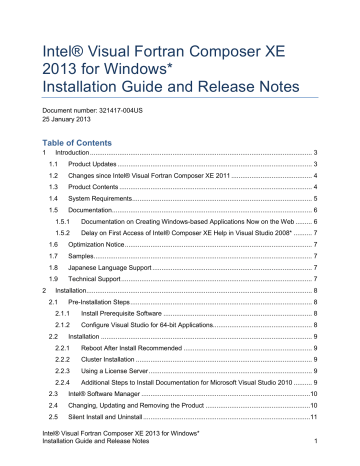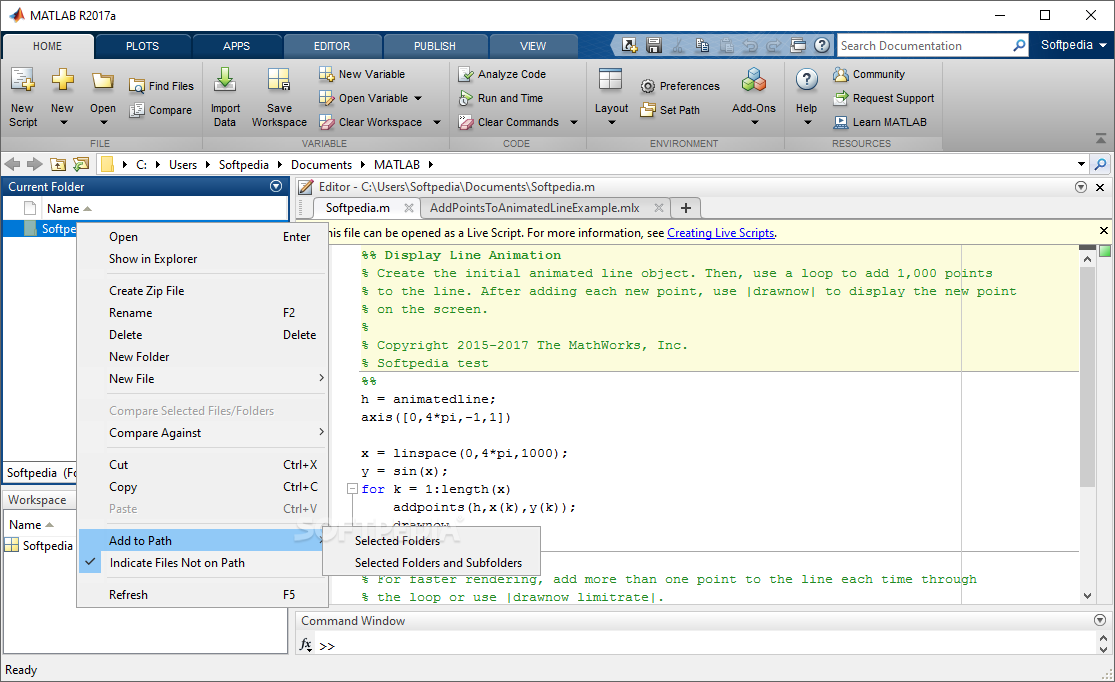
Linux zealots are now saying “oh installing is so easy, just do apt-get install package or emerge package”: Yes, because typing in “apt-get” or “emerge” makes so much more sense to new users than double-clicking an icon that says “setup”. Linux is *not* user friendly, and until it is linux will stay with >1% marketshare. The patches are to be released under GPL, but that’s all I know. Basically, it efficiently packs integer types into 128-bit registers for vector processing. They’ve written a subset of autovectorization in order for GCC to support the Cell processor. The good news is that we might see some useful optimization code coming out of IBM very shortly. In addition, Linux/GCC is becoming more popular on high-end architectures such as POWER5, where even higher gains can be realized through aggressive instruction reordering and vectorization. Now that more Linux/GCC users have x86-64 processors with 16 GPRs, the gains from vectorization are increased. This advantage only gets larger as the size of the register file increases. For example, if I compiled GCC with ICC, then GCC would compile faster.

There is a very significant real-world advantage to auto-vectorization in throughput workloads. I’m not talking about compilers for microcontrollers, because they are optimized for chips with limited register set, while gcc expects unlimited register space.”


“Are the optimizations they perform actually worth the price, or they’re optimized for speed comparison tests ?


 0 kommentar(er)
0 kommentar(er)
